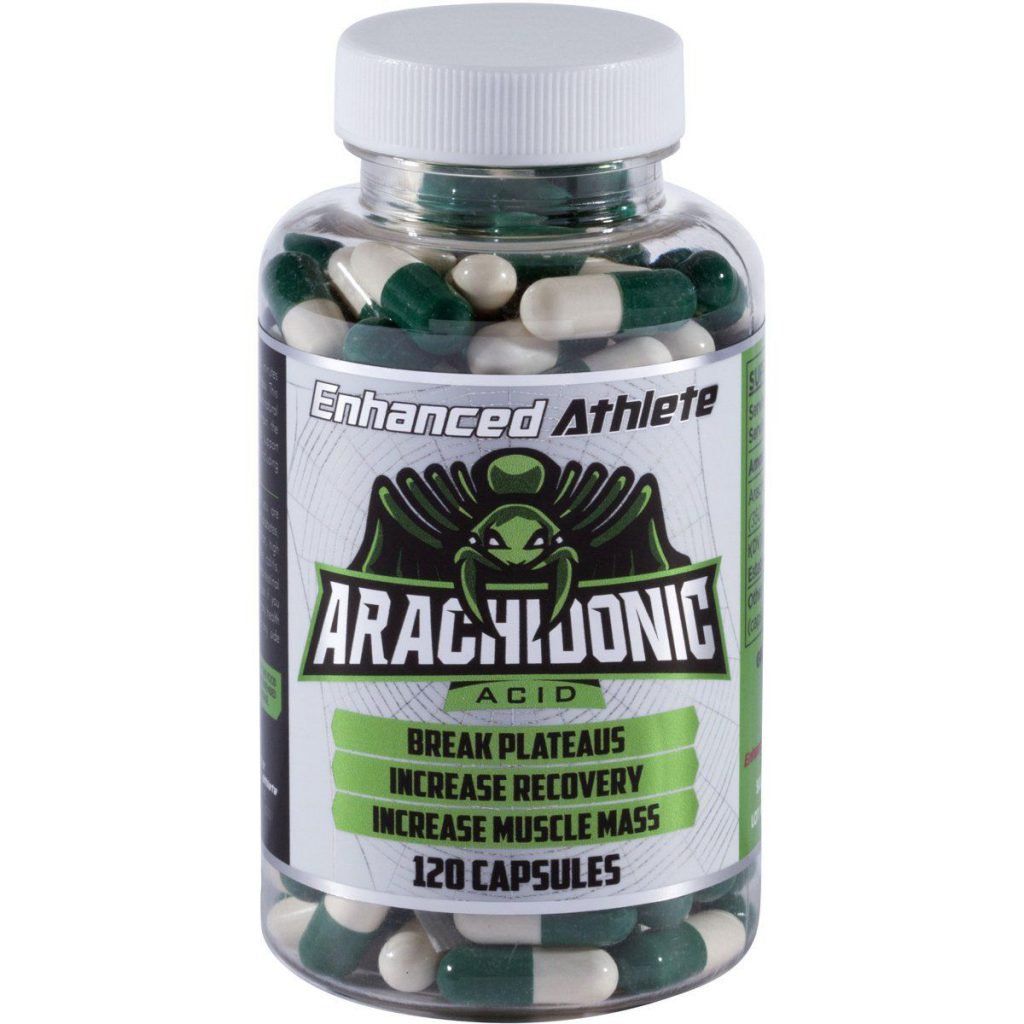Arachidonic Acid Supplement Review
The bottle lasted me a month at 1400mg per day. Usually I took it right before my workout because most people claim that it’s the best time to take it.
What I really noticed when taking an Arachidonic Acid Supplement is that my muscles would get really sore the day after my workout. I’ve been lifting for a long time now and I usually dont get sore at all even though I train with high intensity.
But with Arachidonic Acid it was different. If you don’t get sore anymore and if you’re looking to get that feeling I highly suggest giving it a try.
I did experience a slight strength increase, probably around 5 to 10% whilst using Arachidonic Acid.
I’d also like to add that it’s amazing for muscle pumps. I felt it helped a lot with pumping blood into the muscle, definitely didn’t expect it to help with that.
Overall I’m pretty satisfied with the results from this Arachidonic Acid Supplement.
If you’re looking for a product that can help break through a plateau or just help improve your gym performance give it a try.
If you’re looking for different compounds check out my Laxogenin and Phosphatidic Acid article. Both are also very interesting for bodybuilders.
Arachidonic Acid Side Effects
Based on the research available, arachidonic acid does not seem to cause any side effects.
I was unable to find any reports of side effects in the clinical studies available. I also did not experience any side effects with the use of Arachidonic Acid.
Results
Wingate relative peak power was significantly greater after 50 days of supplementation while the inflammatory cytokine IL-6 was significantly lower after 25 days of supplementation in the AA group. PGE2 levels tended to be greater in the AA group. However, no statistically significant differences were observed between groups in body composition, strength, anabolic and catabolic hormones, or markers of muscle hypertrophy (i.e. total protein content or MHC type I, IIa, and IIx protein content) and other intramuscular markers (i.e. FP and EP3 receptor density or MHC type I, IIa, and IIx mRNA expression).
Conclusion
AA supplementation during resistance-training may enhance anaerobic capacity and lessen the inflammatory response to training. However, AA supplementation did not promote statistically greater gains in strength, muscle mass, or influence markers of muscle hypertrophy.





